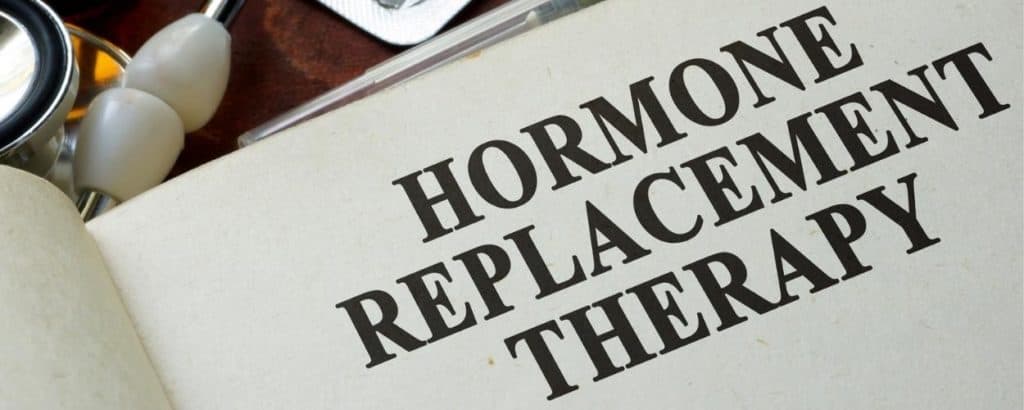The efficacy of testosterone replacement therapy has been evaluated in various age groups, including those in their twenties, thirties, forties, fifties, and beyond. Studies have shown that this form of treatment can be beneficial for men of all ages. However, the effects of testosterone replacement therapy may differ depending on the individual's age. For example, younger men may experience more noticeable results than those older, as the body naturally produces less testosterone as individuals reach their late thirties and beyond. Additionally, younger men may respond more quickly to testosterone replacement therapy than those in the later stages of life. As such, Your doctor should tailor the efficacy of testosterone replacement therapy to the individual's age group to maximize the effectiveness of the treatment.
So why has testosterone replacement therapy not been as widely adopted by men as it was for females? It is because they have a tradition belief that testosterone therapy will lead to increased cardiovascular disease. This is now a myth. The reduction of testosterone, which results in a decrease of gut fat (called visceral fatty acid), will have protection against cardiovascular disease. A second factor that has made it harder to diagnose low testosterone levels is the widely accepted normal range of testosterone levels. It is astonishing to think of the acceptable levels of testosterone for males between 40 and 50 years old that range from 250 up to 900 testosterone. The wide range of acceptable testosterone levels can mean that even if you have a testosterone level above 250, you might not require testosterone supplements. Problem is, a male with a testosterone score of 800 feels much better than a man with a 250 level.
So why is it that testosterone replacement therapy has not been universally accepted by men as well as its female counterparts? The first reason is that men still believe testosterone therapy will cause more cardiovascular disease. This belief has been put to rest. Lower testosterone levels can be corrected by reducing gut fat (called visceral fat). This will protect you from cardiovascular disease. Low testosterone levels are secondarily difficult to diagnose because of the wide acceptance of normal testosterone levels. It is amazing to see the range of testosterone levels that are acceptable for males aged 40- to 50 years. These levels can be anywhere from 250 to 9000 testosterone. This wide range of testosterone levels may mean that you might not need testosterone supplements even if your testosterone level is below 250. It is difficult to believe that a male who has a testosterone levels of 800 feels better than a male who has a testosterone concentration of 250.





